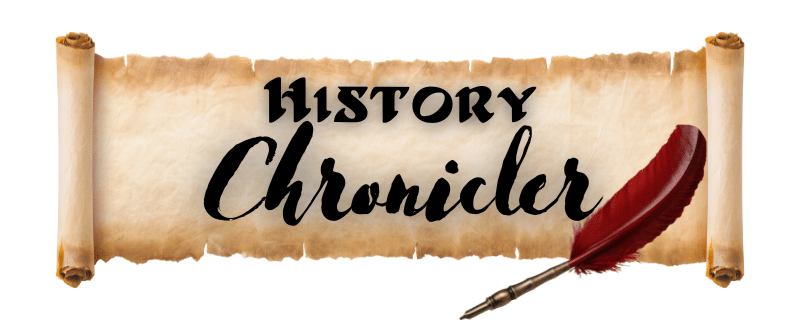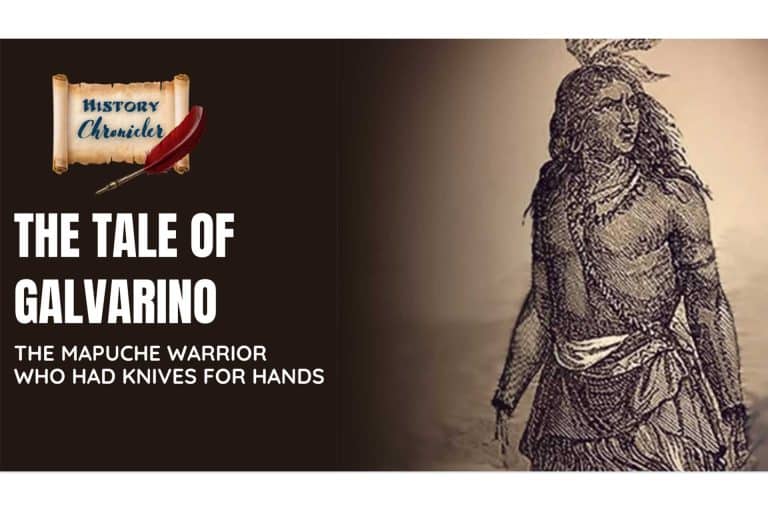[Video] Voices of Revolution: Five Women Who Shaped the French Revolution
Voices of Revolution: Five Women Who Shaped the French Revolution
The French Revolution was not only a seismic shift in political and social order—it was a moment when bold women defied the status quo and demanded a place in shaping history. Though often overshadowed by their male counterparts, these five women played essential roles in the Revolution’s course, each leaving behind a legacy of courage, conviction, and resistance.
Olympe de Gouges (1748–1793) Born Marie Gouze, Olympe de Gouges was a playwright and political thinker who dared to challenge the patriarchy at its core. In 1791, she authored the Declaration of the Rights of Woman and of the Female Citizen, a bold rebuttal to the male-centric Declaration of the Rights of Man. She argued that women should enjoy the same legal and political rights as men, including the right to vote and hold office. Her fearless advocacy for gender equality, abolition of slavery, and humanitarian reform made her a dangerous dissenter in the eyes of the Jacobins. Guillotined in 1793, her final words were a plea for justice and gender equity that still echoes today.
Charlotte Corday (1768–1793) A young woman from Normandy, Charlotte Corday entered the political stage with a dagger and a mission. Deeply disturbed by the excesses of the Jacobins, she blamed Jean-Paul Marat, a radical journalist, for inciting violence and mass executions. In July 1793, she traveled to Paris, talked her way into Marat’s bath chamber, and stabbed him to death. Arrested immediately, Corday was executed just four days later. Her stoic composure and belief that she had acted in defense of the Republic made her both a martyr and a villain, depending on whom you asked.
Madame Roland (1754–1793) Marie-Jeanne Roland, known as Madame Roland, was one of the intellectual forces behind the moderate Girondin faction. Her Paris salon became a center of revolutionary discussion, attracting influential politicians and philosophers. Through speeches, letters, and essays, she advocated for civic virtue, women’s moral leadership, and republican ideals. Despite never holding office, her influence was so great that she was arrested when the Girondins fell from power. Before facing the guillotine, she famously declared, “O Liberty, what crimes are committed in your name!”
Pauline Léon (1768–1838) A radical feminist and revolutionary, Pauline Léon petitioned the National Assembly in 1791 for the right of women to form their own militia and bear arms in defense of the Revolution. She co-founded the Society of Revolutionary Republican Women, one of the earliest formal political organizations for women. Though short-lived, the group asserted women’s presence in the public sphere and demanded economic justice and gender equality. Léon’s activism embodied the revolutionary spirit taken to its most egalitarian edge.
Théroigne de Méricourt (1762–1817) Born Anne-Josèphe Terwagne, Théroigne de Méricourt was a self-educated singer-turned-revolutionary who advocated for women’s rights and citizen militias. She fought at the storming of the Bastille and delivered passionate speeches in political clubs. Branded a dangerous agitator by royalists and eventually attacked by rival Jacobin women, her later life was marked by mental illness and confinement. Still, her call for women’s political inclusion made her a potent symbol of revolutionary idealism—and of the personal cost paid by many women who dared to step forward.
Conclusion These women were not mere observers of revolution; they were its conscience, its fury, and its vision. They wrote, fought, petitioned, and died for a future they knew they might never see. In doing so, they carved a space in history that demanded the world take notice—and listen.

![[Video] Voices of Revolution: Five Women Who Shaped the French Revolution](https://historychronicler.com/wp-content/uploads/2025/05/Screenshot-2025-05-16-at-2.32.58 PM.jpg)


![[Video] Women of the American Revolution](https://historychronicler.com/wp-content/uploads/2025/03/Screenshot-2025-03-29-at-3.53.33 PM.png)
![[VIDEO] Hedy Lamarr: The Hollywood Star Who Invented Wi-Fi](https://historychronicler.com/wp-content/uploads/2025/08/Screenshot-2025-08-11-at-3.25.37-PM-768x512.jpg)
![[Video] The Rulers of the 5 Largest Empires in History](https://historychronicler.com/wp-content/uploads/2025/05/Screenshot-2025-05-24-at-12.50.48 PM-768x431.jpg)

![[Video] Remarkable Women Who Defied Medieval Norms](https://historychronicler.com/wp-content/uploads/2025/03/Screenshot-2025-03-29-at-4.30.24 PM.png)
![[Video] Olga of Kiev: From Vengeance to Veneration](https://historychronicler.com/wp-content/uploads/2025/04/Screenshot-2025-04-15-at-5.52.05 PM-768x512.jpg)